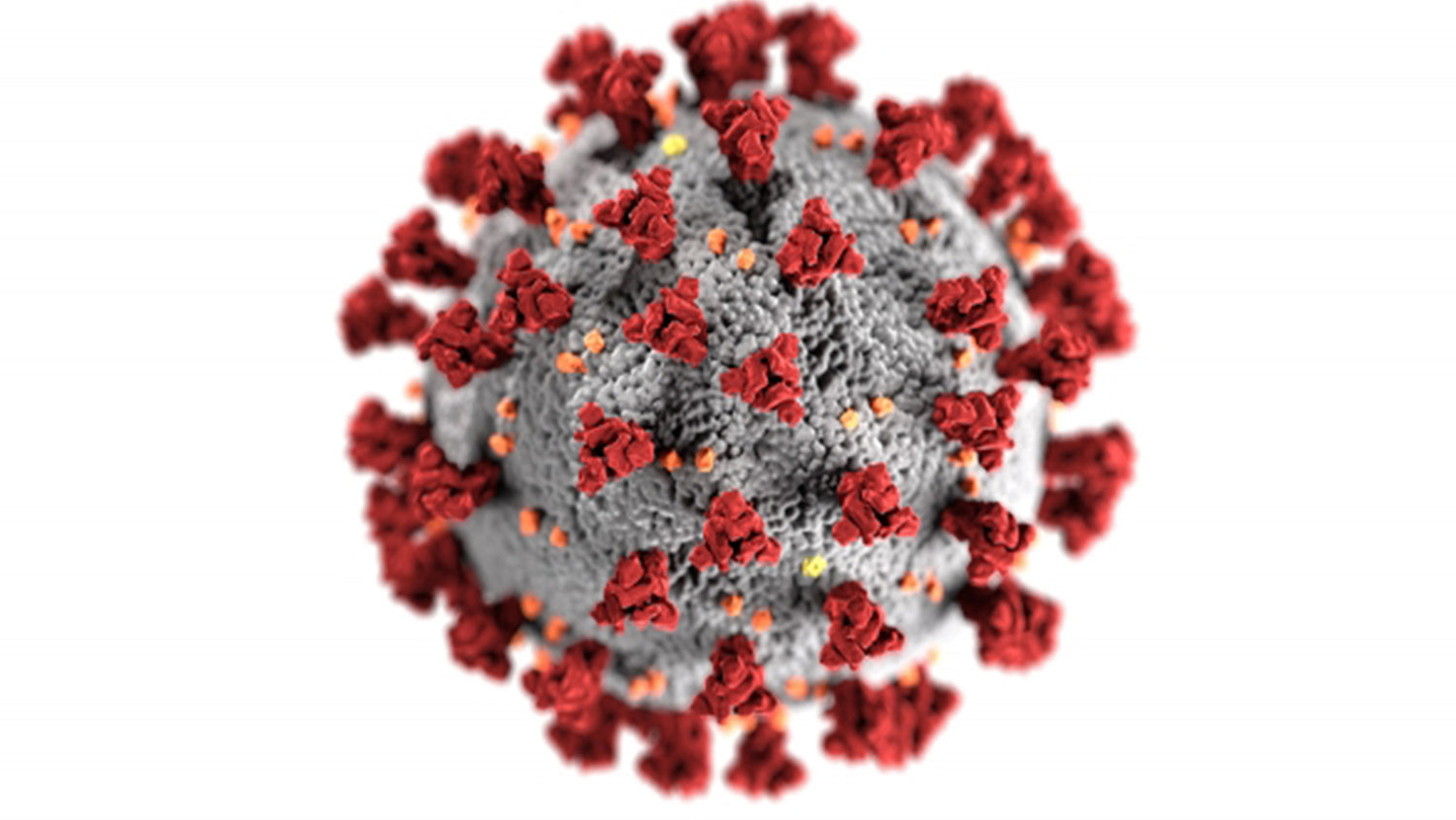I rarely look at the screen, lost for words. My mind is often overloaded with so many ideas and concepts about aromatherapy I am always eager to share. However, as COVID-19 ravages the very fabric of our society all over the world, I often find myself feeling a sense of despair and anxiety. I am sure a feeling many of you may also be feeling right now.
My immediate thoughts and prayers are with our frontline healthcare workers all over the world who are often working with insufficient resources to care for those in our community who are most vulnerable and infected with COVID-19.
Our Governments (Federal and State) in Australia have taken the responsible decision to lock down our country and strictly limit our movements. The message is constantly being hammered into our psyche – stay at home unless it is essential to go out.
The social isolation laws now in place, such as limiting outdoor gatherings to no more than two people, and to close down non-essential services may sound draconian, but when we look at the challenges other countries are experiencing in limiting the spread of COVID-19, it may very well prove to be the best way of preventing the spread and eventually defeating it.
The biggest challenge is we cannot overwhelm the healthcare system with high numbers of infections where healthcare professionals do not have the resources and capacity to treat everyone.
On today’s Radio National’s Rear Vision program, ‘SARS and MERS – what did the earlier epidemics teach us?’, I discovered that unlike SARS, individuals infected with COVID-19 spread the virus from a very early stage when they displayed no signs of infection. However, with SARS, the virus did not spread until the individual displayed significant symptoms, by which time, the person was already receiving treatment. Therefore, without social distancing laws in place COVID-19 can spread far more quickly than any other viral contagion.
This means social distancing will play a very important role in restricting the spread of COVID-19. It is only early days, but the Australian heath authorities are already indicating the percentage of daily infections in Australia is slowly decreasing.
This week, while listening to Radio National I also heard an interview with Adam Kurcharski, an epidemiologist who has just written a book, The Rules of Contagion: Why Things Spread – and Why They Stop. This book was published in February this year – how timely!
Kurcharski speaks authoritatively about contagions, how they appear, spread and then fade away. He is an Associate Professor at the London School of Hygiene & Tropical Medicine and his background is in mathematics.
Before you rush out to buy the book, as I did, please let me tell you a little bit more about the book. It is not going to give you any practical strategies for dealing with the current COVID-19 pandemic. It is well researched, even though at times it can be a little all over the place with interesting anecdotes explaining how contagions spread. His background is in mathematics, and I will be honest – I love mathematics. From his book, I have learned epidemiologists are really into mathematics. This enables them to provide all the various modelling scenarios to determine how quickly a pandemic may spread. This then enables governments and health authorities to be better prepared to provide the appropriate number of intensive care units required to help those individuals most susceptible to infection.
I found the book informative in understanding the history of pandemics and the history of epidemiology. From reading his book, I feel more comfortable with the Australian Government’s approach of going into an early lockdown, as much as it is going to cause long-term economic and social challenges.
We must be very careful we do not ease out of social isolation too quickly as it may cause a second peak to occur as this has been repeatedly proven to be the case with other pandemics. From reading this book, I also feel contact tracing is a critical factor in stemming the spread of COVID-19.
By the way, the book is not just about pandemics, but it takes on issues such as the Global Financial Crisis, gun violence and how false news is spread.
After reading this book I know there is not going to be a quick solution to resolving this pandemic and it might be quite a while before our lives resume some sense of normality.
Wherever you are, please take care, stay safe and my thoughts and prayers are with you.

References
2. Kucharski A. The rules of contagion: Why things spread – and why they stop. Profile Book Ltd, London, 2020.




